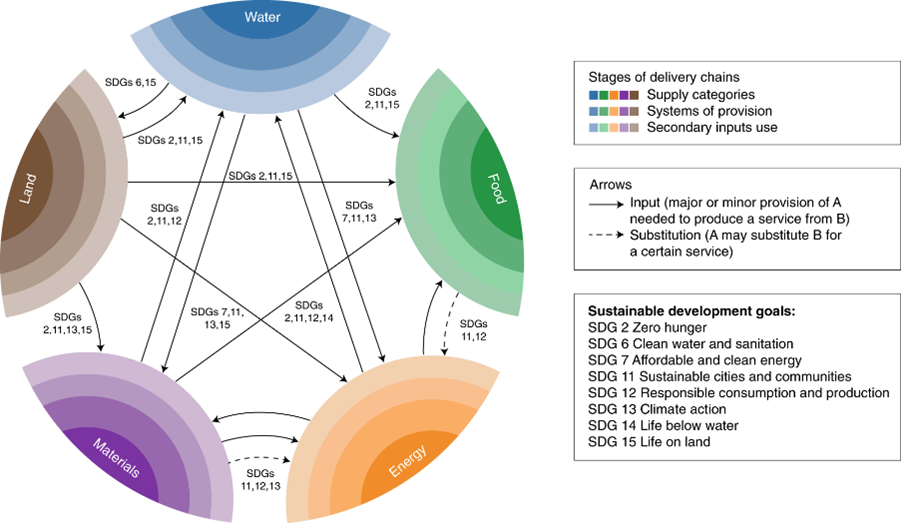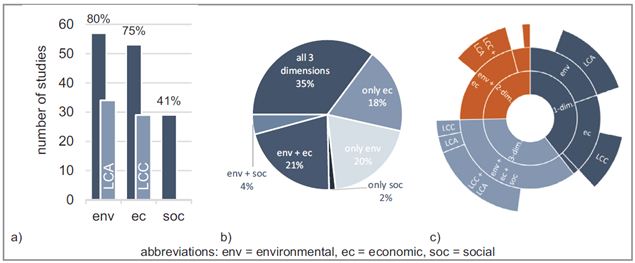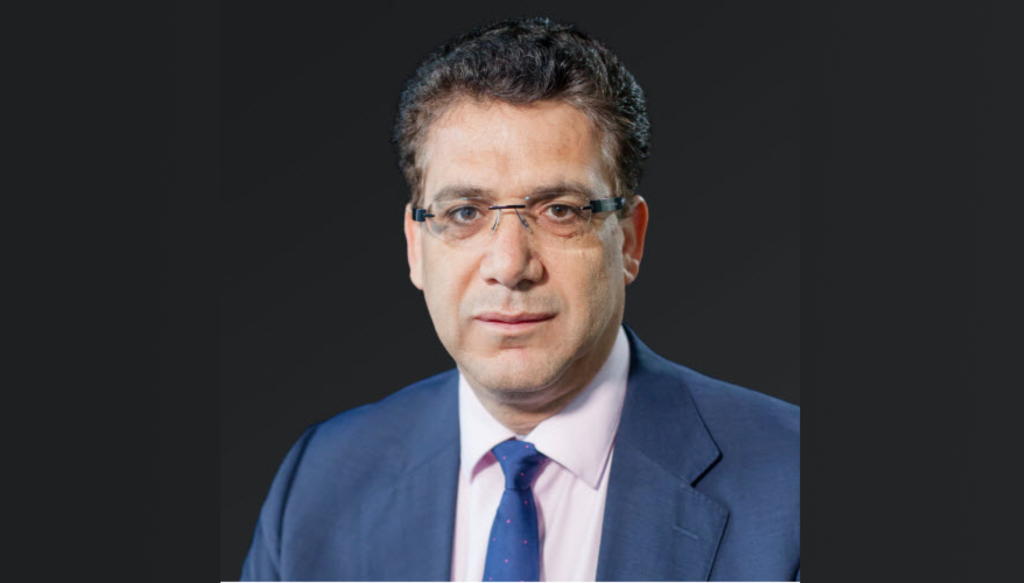Projects Overview C2/III Analysis and evaluation of the Sustainability Nexus of reinforcement measures with new composite materials
C2/III Analysis and evaluation of the Sustainability Nexus of reinforcement measures with new composite materials
Motivation
Research on the Sustainability Nexus, i.e. on the analysis of relationships, synergies and trade-offs between sustainability assessment factors, has so far tended to focus on the water-energy-food nexus [1], and no assessment approaches are available for the design phase and material development in civil engineering. The literature to date refers either to conceptual approaches [2] or to the analysis of individual impact categories, such as climate change.

Two findings form the starting point for the C2/III project: missing impact categories, especially for the social dimension of sustainability, are to be developed and target relationships in the form of synergies and trade-offs are to be incorporated into the assessment methods. The aim is not only to provide comprehensive information on sustainability, but also to integrate the resilience assessment of fibers, textiles, composites and structures, which is the focus of project C2/II [working paper: Integrated Sustainability and Resilience Assessments of Concrete Infrastructure Systems].
State of research and own contributions
Sustainability and resilience assessment analyses conducted in the first and second cohorts of RTG 2250 have shown that current sustainability assessments vary in terms of system boundaries, scope, level of detail, and overall quality, and lack a consistent methodological basis [3]. Although there is a trend toward more holistic assessments, analyses of the environmental and economic dimensions of sustainability dominate, and the social dimension is less considered. In turn, environmental sustainability is dominated by a focus on global warming and energy consumption. External costs, to the extent that they are included in the assessment, determine the overall economic assessment. The result (Fig. C2.2) shows that a holistic view of the life cycle and the interactions, the nexus [2] of factors is lacking.

Scientific question and project objectives
The project aims to develop a suitable method for a “Nexus Assessment” [4, 5] of materials and components. For the data basis, the assessment factors from projects of the previous cohorts are to be collected, for the assessment the interactions are to be determined and quantitatively deposited first ordinally and where possible also cardinally. Based on the results obtained, a nexus assessment for materials and components will be created.
Interaction with other projects of Cohort III
A close cooperation exists with the PhD project C3 (data management, data analysis).
Literature
[1] Bazilian, M., Rogner, H., Howells, M., Hermann, S., Arent, D., Gielen, D., … & Yumkella, K. K. (2011). Considering the energy, water and food nexus: Towards an integrated modelling approach. Energy policy, 39(12), 7896-7906.
[2] Bleischwitz, R., Spataru, C., VanDeveer, S. D., Obersteiner, M., van der Voet, E., Johnson, C., … & Van Vuuren, D. P. (2018). Resource nexus perspectives towards the United Nations sustainable development goals. Nature Sustainability, 1(12), 737-743.
[3] Scope, C., Vogel, M., & Guenther, E. (2021). Greener, cheaper, or more sustainable: Reviewing sustainability assessments of maintenance strategies of concrete structures. Sustainable Production and Consumption, 26, 838-858.
[4] https://ipbes.net/nexus
[5] Ngammuangtueng, P., Jakrawatana, N., & Gheewala, S. H. (2020). Nexus Resources efficiency assessment and management towards transition to sustainable bioeconomy in Thailand. Resources, Conservation and Recycling, 160, 104945.
Contributors

Doctoral Researcher
Waseem Ashraf, M.Sc.
UNU-FLORES
Ammonstrasse 74
01067 Dresden
Germany
- waseem@unu.edu
- Institute
- +49 351 8973 2892

Principal Investigator
Prof. Dr. Edeltraud Günther
Institute of Construction Materials
Von-Mises-Bau (VMB), Room 101A Georg-Schumann-Straße 7
01187 Dresden
Germany
- edeltraud.guenther@tu-dresden.de
- Institute
- +49 351 463 34313
- +49 351 463 37764

in cooperation with
Univ.-Prof. Dr.-Ing. Viktor Mechtcherine
Institute of Construction Materials
Von-Mises-Bau, 3rd Floor, Room 315A Georg-Schumann-Straße 7
01187 Dresden
Germany
- Mechtcherine@tu-dresden.de
- Institute
- +49 351 463 36311
- +49 351 463 37268

in cooperation with
Univ.-Prof. Dr.-Ing. habil. Dipl.-Wirt. Ing. Chokri Cherif
Institute of Textile Machinery and High
Performance Material Technology (ITM)
Hohe Straße 6, Room 138
01069 Dresden
Germany
- chokri.cherif@tu-dresden.de
- Institute
- +49 351 463 39300
- +49 351 463 39301

